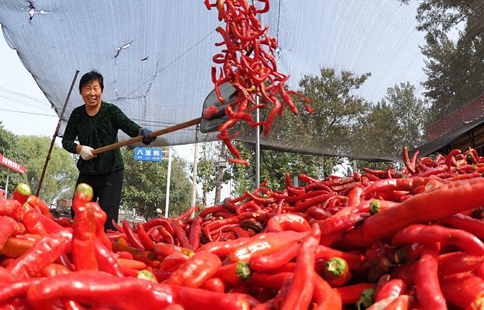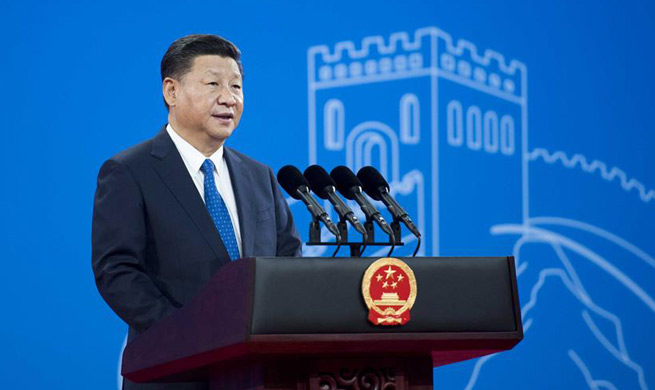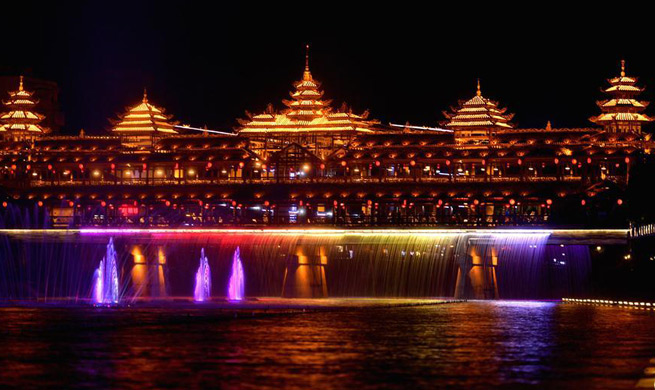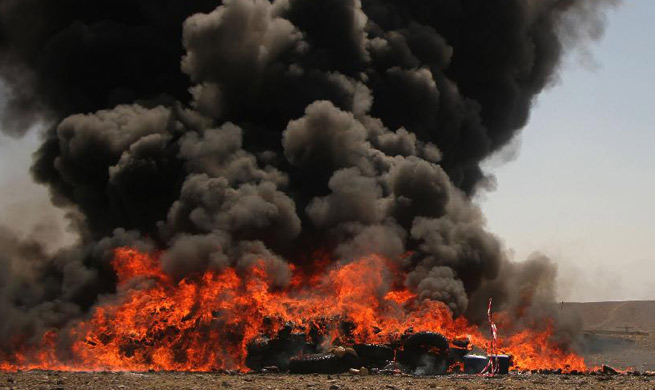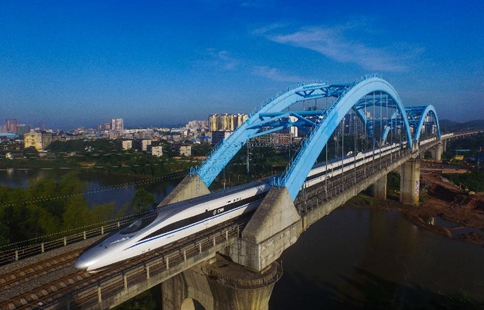NEW DELHI, Sept. 26 (Xinhua) -- Although India and the United States have deepened their bilateral cooperation and emerged as global partners in areas of strategic concerns, experts said that India on Tuesday sent out a strong geopolitical message by refusing to accede to the U.S. request to send military troops in Afghanistan.
Visiting U.S. Defense Secretary Jim Mattis emphasized on India's role in fighting global terror and thus sought its boots in the war-ravaged Afghanistan. This comes close to U.S. President Donald Trump's policy announcement on Afghanistan wherein he ordered a modest increase in presence of American military forces in the region, not as part of "nation building" but "killing terrorists."
Thus, while the U.S. finds it hard to pull out of its 16-year-old war, India has taken a "welcome and significant step" in the opposite direction. It is understood that Indian Defense Minister Nirmala Sitharaman categorically told her American counterpart that India will not commit to sending any soldiers in Afghanistan and would rather expand its developmental footprint in the region.
"The U.S. has time and again persuaded India in this regard. That India remains firm on its stand of zero political and military role in Afghanistan is a sign of its healthy relationship with the country and its larger South Asian policy. India is committed to stabilizing the nation and believes that army measures cannot do the same," said Gopal S. Swamy, a Delhi-based expert on Indo-U.S. relations.
"India started to provide training to Afghan police officers and army cadets to build its internal security. It undertook small but significant developmental projects across the country then in areas of irrigation, housing and education," said Prof Ajay Sharma, another Delhi-based expert.
"India was never interested in playing a military role and it reiterated its stand again by turning down U.S. request," said Kanika Sinha, a retired Delhi University professor.
Many believe that India is walking on thin ice by denying military role in Afghanistan especially because it was making billions of dollars in trade with the United States, making the latter expect India's assistance in the region in return.
Experts feel that by refusing such a role, India could jeopardise its economic and trade benefits and the larger U.S.-India friendship which has seen significant development over the last few years. Mattis' visit itself coincided with Indo-Afghan trade and investment show which is being supported by the USAID and Indian Ministry of External Affairs.
"India's firm stand has set an example for others to lead on with by promising inclusive development and helping hand to a country that has been torn apart by war and conflict," Sinha added.









